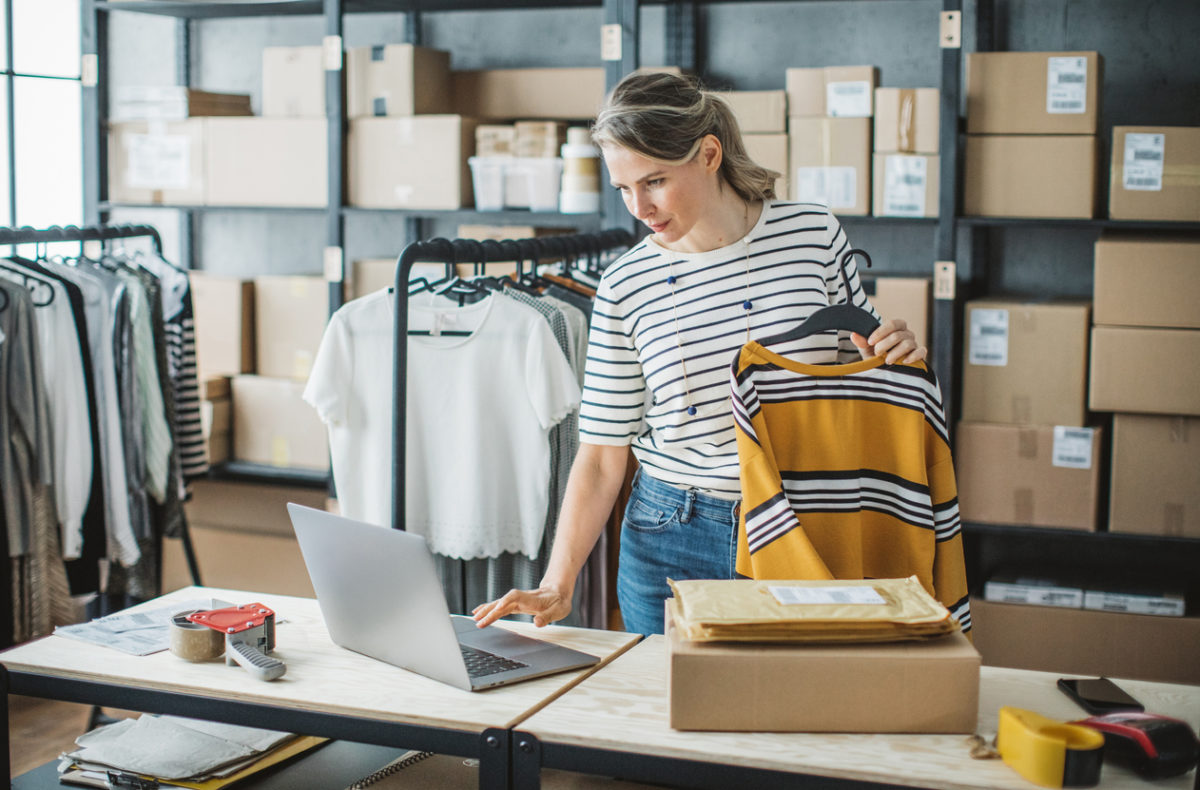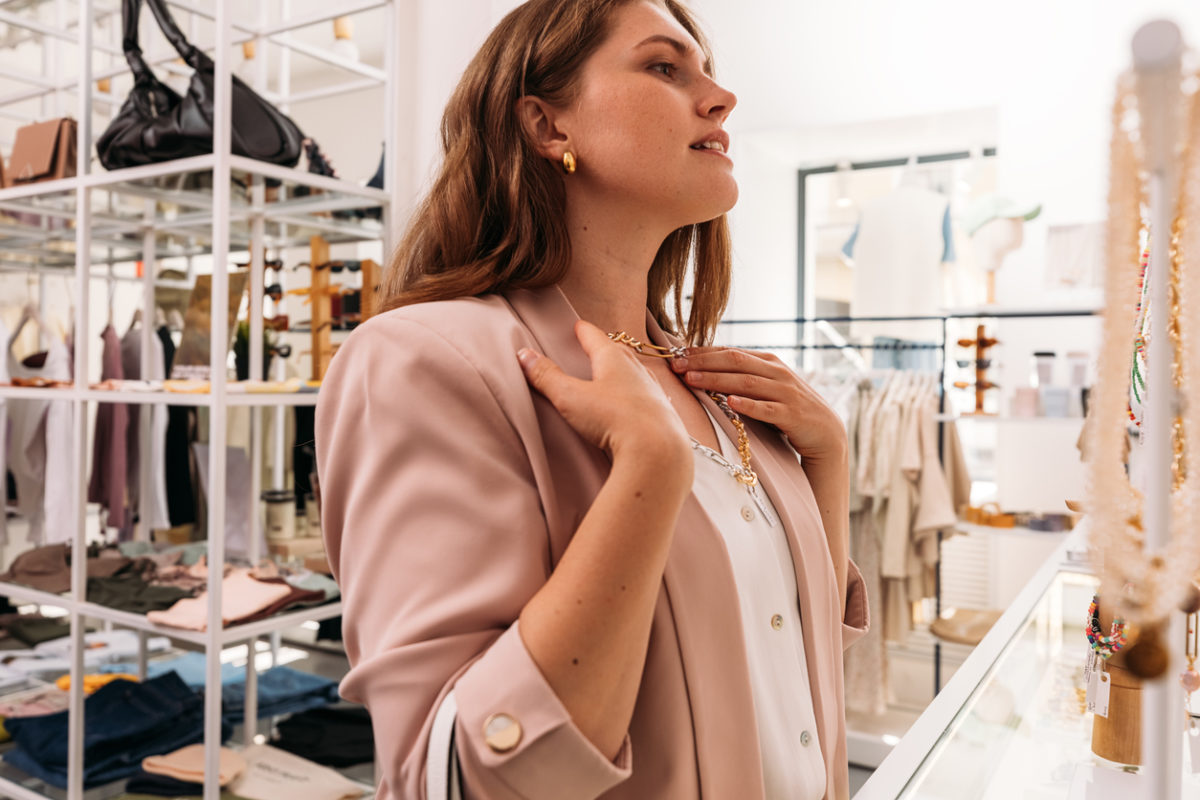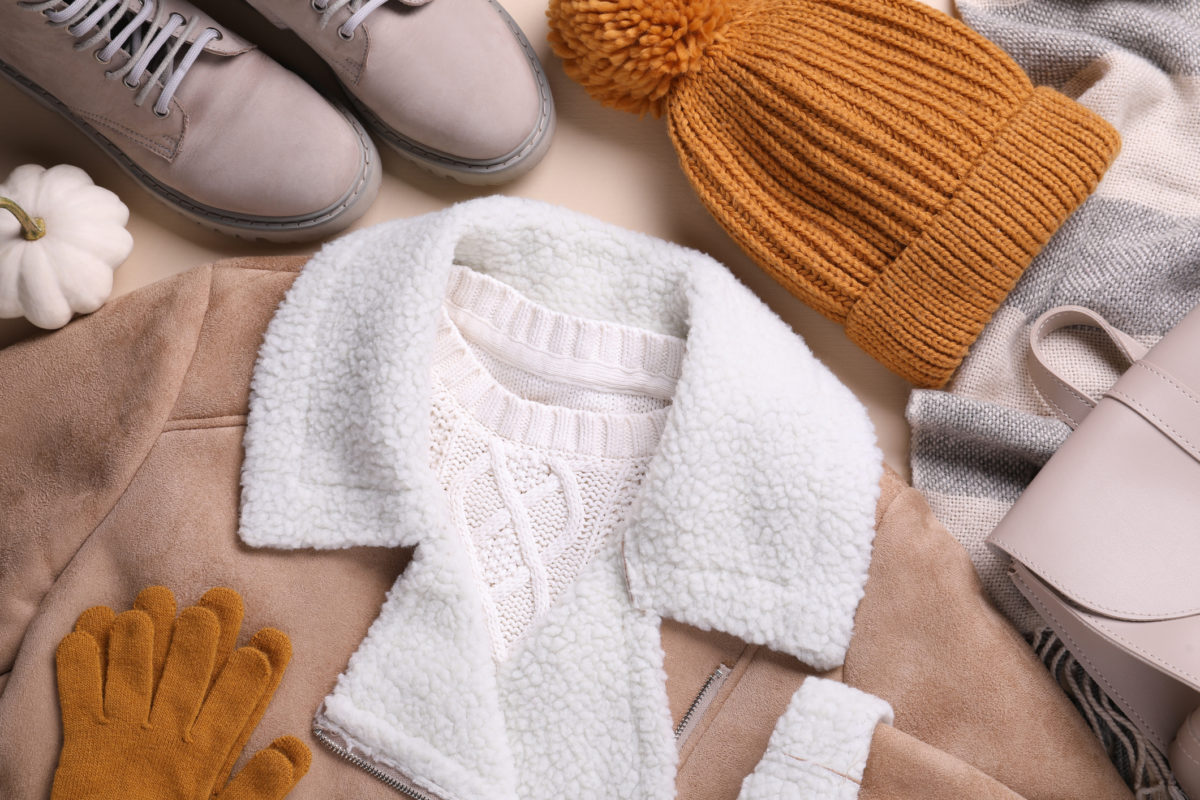Product sourcing for retail can be overwhelming. Where do you start and what’s the best plan of action? Here are helpful tips.
Finding products to sell in your retail business is much easier than finding products that will sell.
Some reports suggest having a sourcing strategy that involves determining what products you need, market research, finding the right vendors, testing product quality, contract creation, and inventory planning.
When sourcing products, you must purchase for your customer, not yourself. Fortunately, whenever a customer enters your store, you can gather information to help you choose the right products. Customer behaviors give you great insight into their preferences. You can learn a lot from what customers buy or don’t buy.
Find a way to keep track of your customer responses to the products on display. If you have a clothing boutique, which items do customers, try on the most? Which products make them squeal? Which ones make them squinch their noses while shaking their heads?
Also, don’t be afraid to ask customers for feedback using various methods, such as surveys and social media. Ask them about products they want to see on your shelves and then find them.
You are likely wondering, where do you find them? There are many options, like the ones below.
Artisans
Artisans are the designers, creators, and makers that bring an idea to reality. They will sell you one or a thousand items with no minimum or maximum purchase orders. Because they handle every part of their business, your price will be higher than if you were to purchase mass-produced products.
Buying from an artisan means the products you sell are unique and not hanging on racks in big box retails stores. If your customers like to have items that can’t be found everywhere else, stand out from the crowd, and don’t mind paying more, working with an artisan is a great option.
Manufacturers
Products make it to store shelves through various avenues. One is through manufacturers who work directly with designers. A manufacturer will mass produce an item and sell it to a wholesale supplier or retail business for a discounted price if you make a bulk purchase. And by bulk purchase, they like you to buy hundreds of each product, which is why most of their customers are often wholesale suppliers.
Manufacturers will source with anyone, retail owners, big box retail buyers, wholesale vendors, and in some cases, direct to consumers. The upside is that prices are lower the more it is produced. The downside is that the manufacturer will not have time to build relationships, personalize your orders, or try to help you get the best deal unless you buy thousands or tens of thousands of their products, much like distributors do.
Distributors
Distributors are individuals who market and sell manufactured products. If a manufacturer does not work with small retail stores, they often have a distributor that will. The distributor can take smaller orders from multiple retailers that create a bulk order. For example, a manufacturer sells black leggings in cases of 100. if you want to purchase twenty black leggings, the distributor will find other retailers to buy the remaining eighty leggings to fulfill a discount bulk order.
Of course, the distributor marks up the price, but because they received a big discount, you can still get a price that allows good profit margins for your store.
If the distributor cannot find ways to place a bulk order, you won’t get the product and will have to source elsewhere for black leggings. Some distributors refuse to offer small orders for independent retailers. It’s a lot of work for not as much profit for them.
Working with a wholesale vendor offers the most benefits if you own a boutique or small retail shop.
Wholesale Suppliers
Wholesalers buy directly from the manufacturer. They have established a professional relationship with the manufacturer over time and can get the scoop on what’s hot in the fashion industry. Because wholesale suppliers can purchase in bulk quantities, they get the best deals. The good news is that the wholesaler passes their savings down to you, the retail owner.
Buying from a wholesale supplier, you also get the following:
- Opportunity to make small-batch purchases rather than bulk
- Positive relationships with representatives that want you to succeed
- Inside scoop on trends and upcoming sales and promotions
- Personalized contracts to meet the needs of your store
- Easy ordering process that can be done online
- In-person tours and meetings at the wholesale site
- Higher mark-ups and profit margins
We get it. Product sourcing for retail can feel tedious and cumbersome, but it doesn’t have to be. Now that you know working with a wholesale supplier is the most efficient and profitable, you can focus on finding the wholesaler that is the best fit for your store and customers.
Product Sourcing: Find a Quality Wholesale Vendor
Finding the right wholesale supplier takes effort but is well worth it. Start by searching for wholesalers near you or in the same country. Working with a company in a different country can mean shipping, customs, and delay nightmares. Plus, anytime you can tour the facility and meet your representatives in person, it will benefit your retail business.
Ask other boutique owners where they buy wholesale. Avoid asking your competitors, though. Read online reviews and reach out to some of their followers for feedback on their experience. You can also ask the wholesaler for a list of references.
The right wholesale vendor allows small-batch ordering for retailers. Placing an order will give you insight into every part of the process, including searching and viewing their products on their website, placing an order, shipping costs and delivery, quality of product upon arrival, and customer service.
The best wholesalers are accountable for mistakes regarding quality, comply with industry regulations, deliver products on time, communicate effectively, and make you feel important. They want to help you because they know they win when you win.
When the wholesaler realizes you have the characteristics of a great buyer, your relationship will flourish, and both of you will experience success.








No Comments